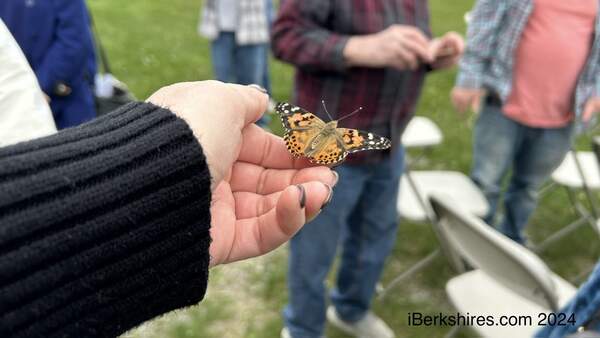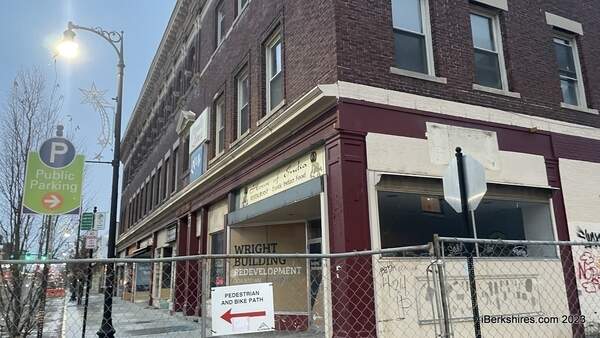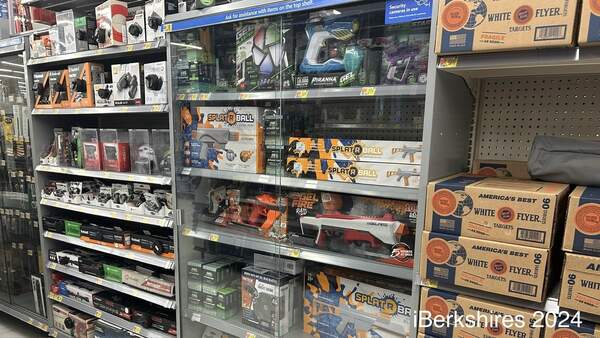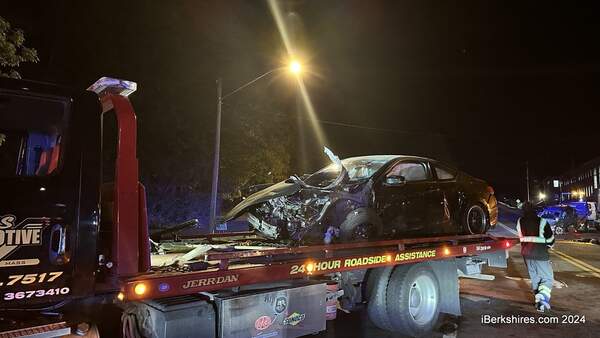State Fire Officials Urging Fire Safety in Winter Months
STOW, Mass. — With home heating prices expected to rise this winter, Massachusetts fire officials are emphasizing fire safety for residents who plan to use fireplaces, woodstoves, and other solid fuel heating appliances at home.
Firefighters respond to increased heating-related fires, injuries, and carbon monoxide incidents every year in the fall and winter months. Home heating safety is important every year, but State Fire Marshal Peter J. Ostroskey and Shrewsbury Fire Chief James P. Vuona, president of the Fire Chiefs Association of Massachusetts, issued the reminder after news reports indicated an increase in oil, natural gas, and electricity prices during this winter heating season.
"We anticipate more people using a fireplace, wood stove, or other solid fuel to heat their homes this winter," Ostroskey said. "We want everyone to keep warm and keep safe. If you’re burning wood, pellets, or coal, we recommend having your chimney and flue professionally inspected and cleaned first. When burning, use a screen to keep embers inside and keep anything that can burn at least three feet away on all sides. And when you’re done, remember that ashes can stay hot for days. When disposing of them, shovel them into a metal bucket with a metal lid and place it outside on the ground away from the home, porch, and garage."
Home heating equipment causes about 1,400 residential fires each year in Massachusetts, including two fires that claimed three lives in 2021. To address this, the Department of Fire Services launched the Keep Warm, Keep Safe campaign, which provides home heating fire safety tips on flyers that can be downloaded in English, Spanish, Portuguese, Chinese, Haitian Creole, Russian, and Vietnamese at the DFS website. Full-color Keep Warm, Keep Safe brochures in English and Spanish can also be downloaded or requested in bulk through the Massachusetts Health Promotion Clearinghouse.
"Home heating equipment is the second-leading cause of residential fires and the primary source of carbon monoxide in the home," said Chief Vuona. "Having your furnace and water heater checked each year can help identify problems before they become emergencies. If you use a space heater, be sure it’s listed by a nationally recognized testing laboratory like UL or Intertek/ETL. Always plug it directly into a wall outlet, not an extension cord or power strip, and keep it at least three feet from anything that can burn. Finally, no matter how you heat your home, it’s important to have working smoke alarms and carbon monoxide alarms on every level. Combined with a practiced home escape plan, they’re your first line of defense against deadly hazards."
The Low Income Home Energy Assistance Program (LIHEAP) also provides eligible households with help in paying a portion of winter heating bills. You can learn more about LIHEAP at https://www.mass.gov/service-
Tags: fire safety, state fire marshal,















